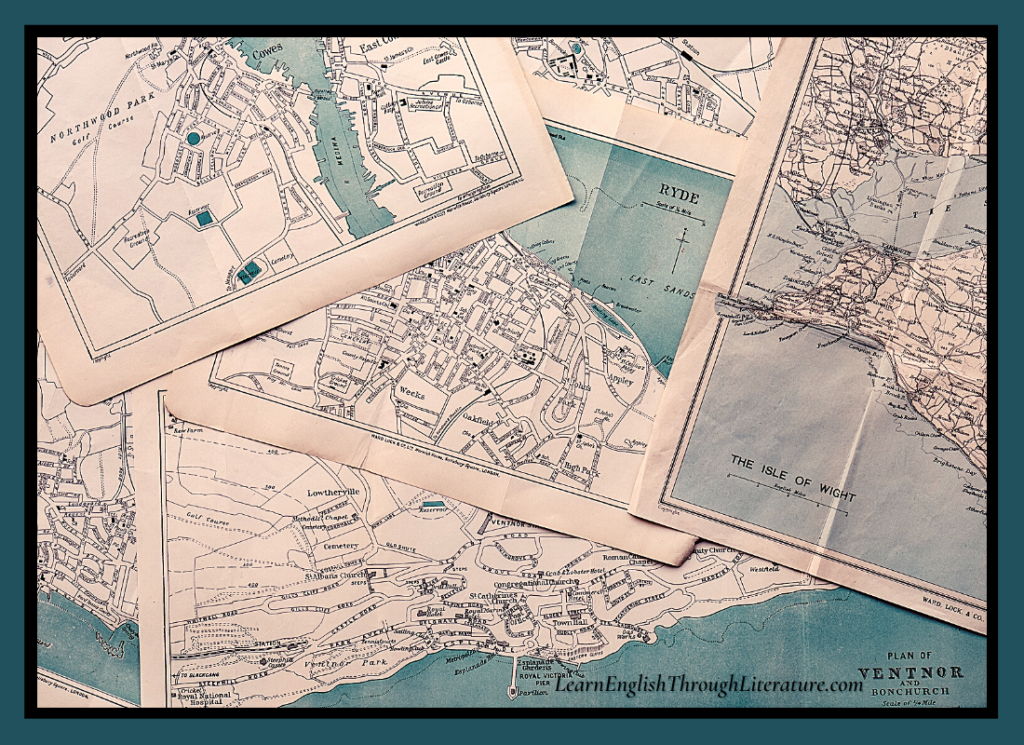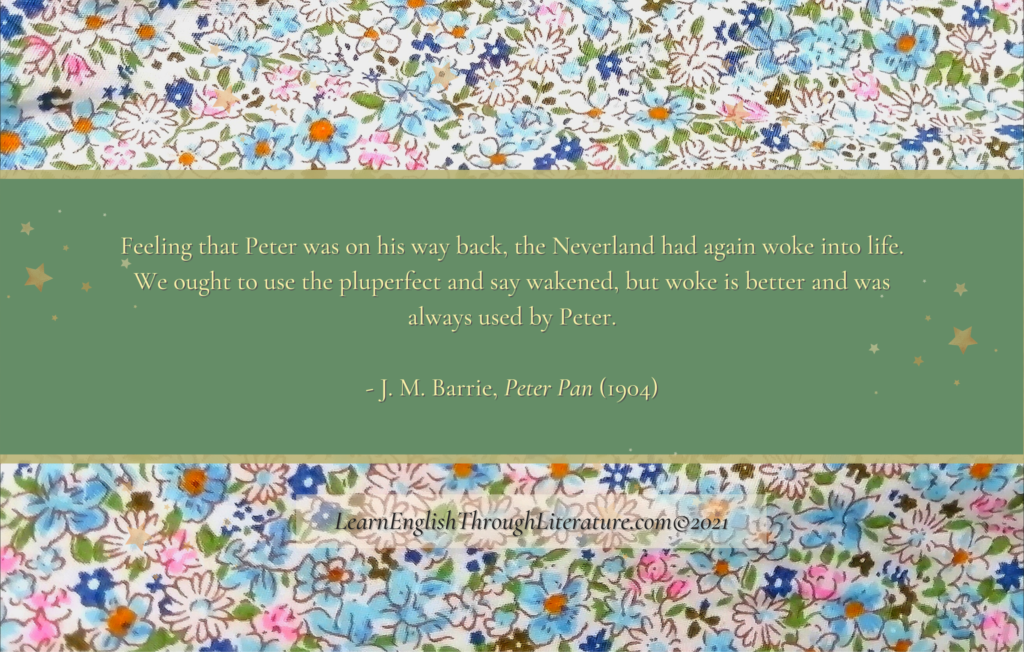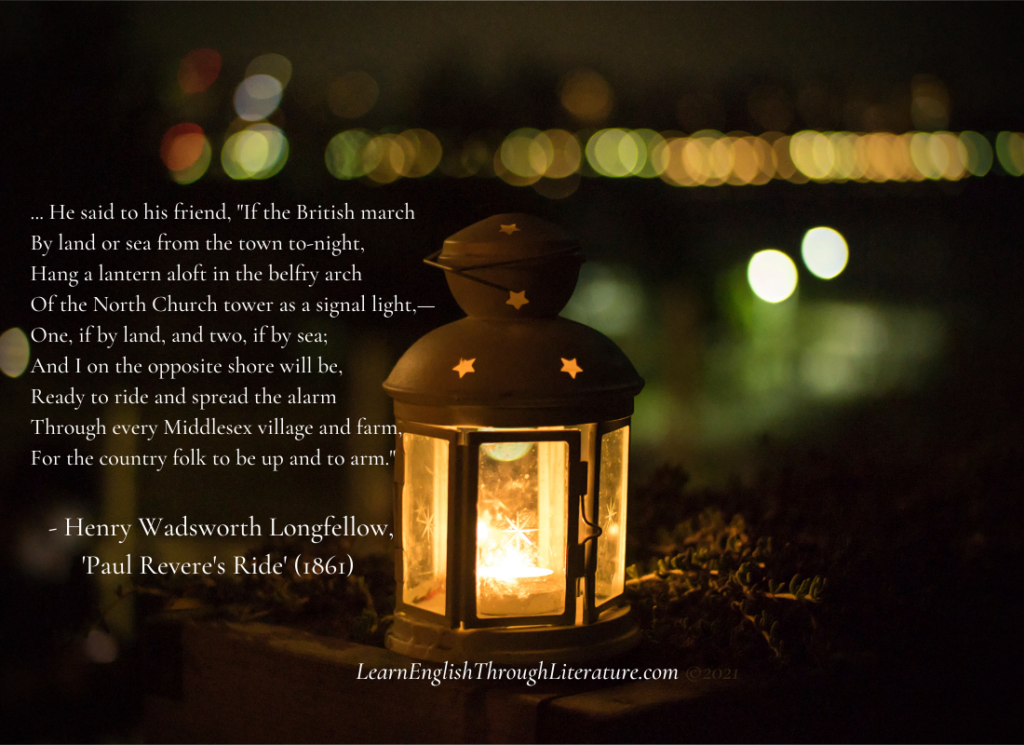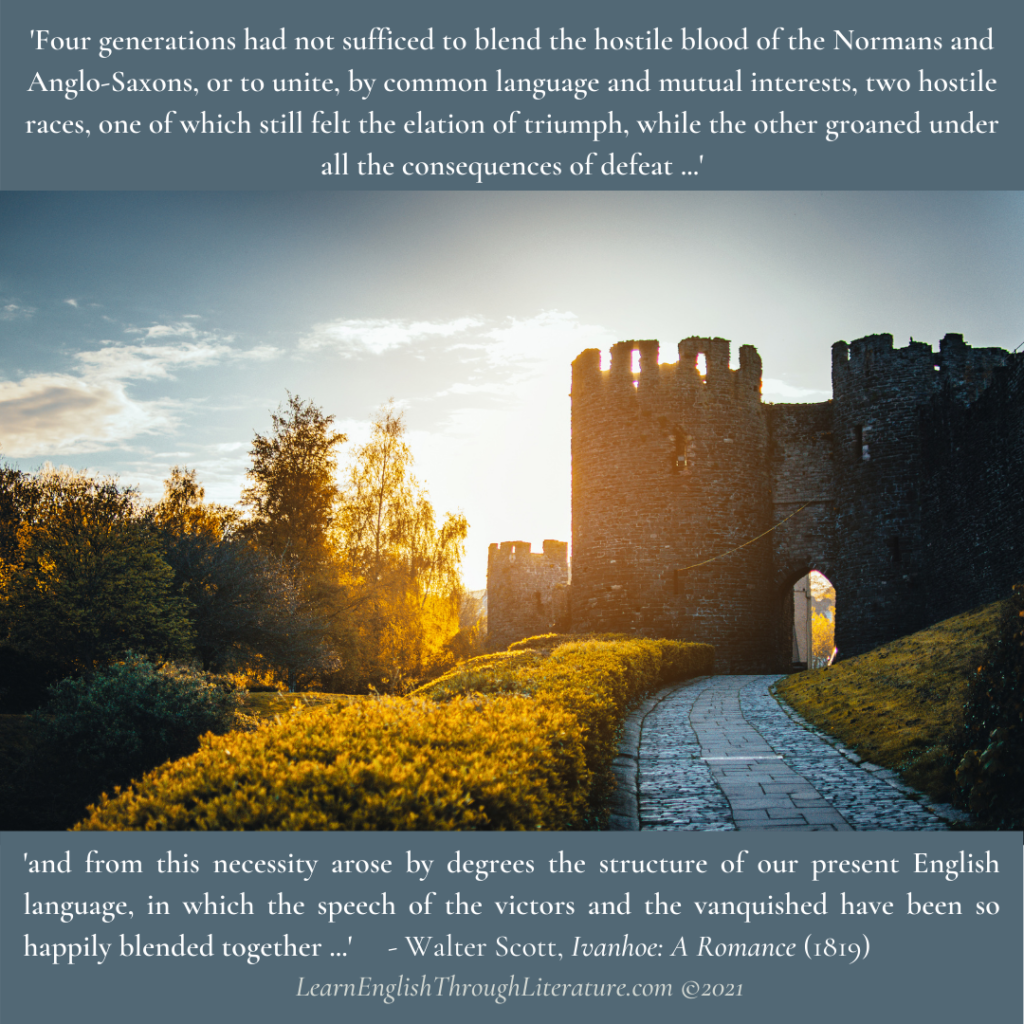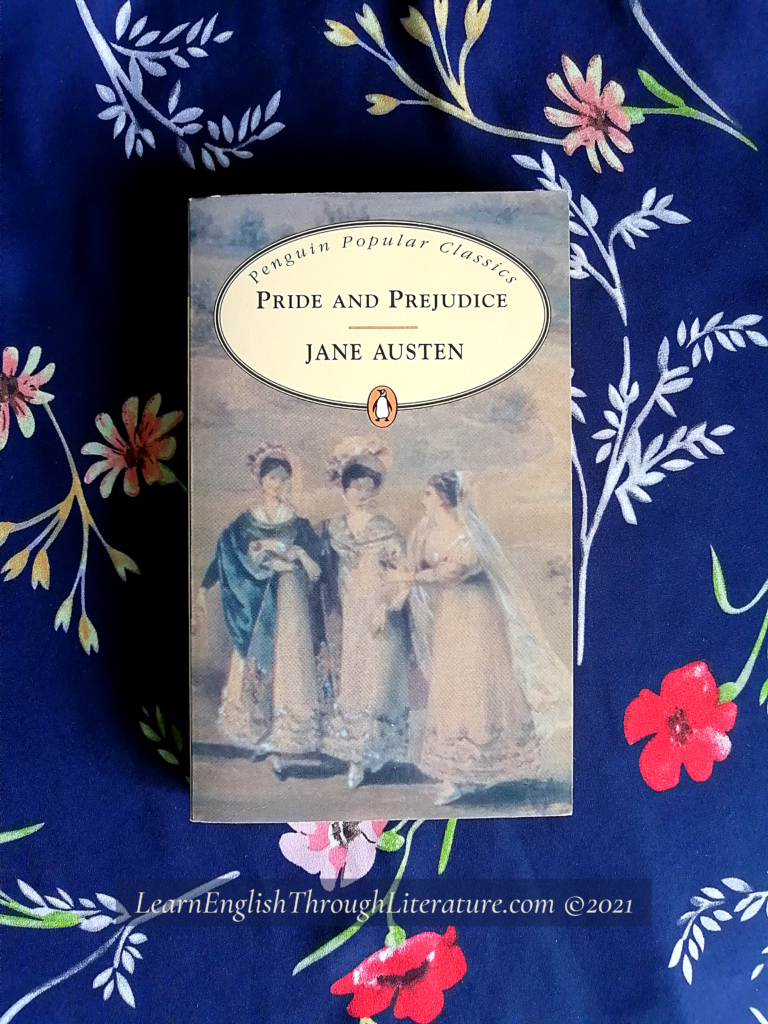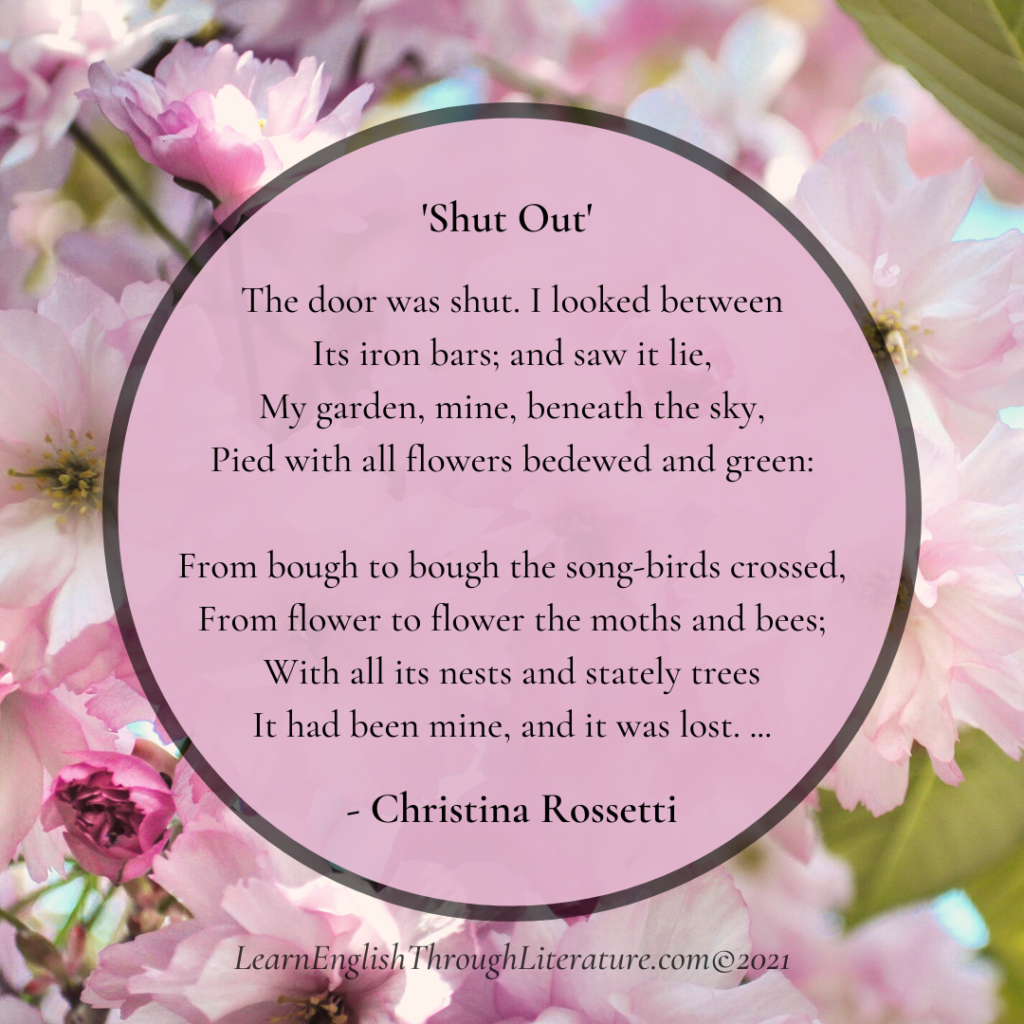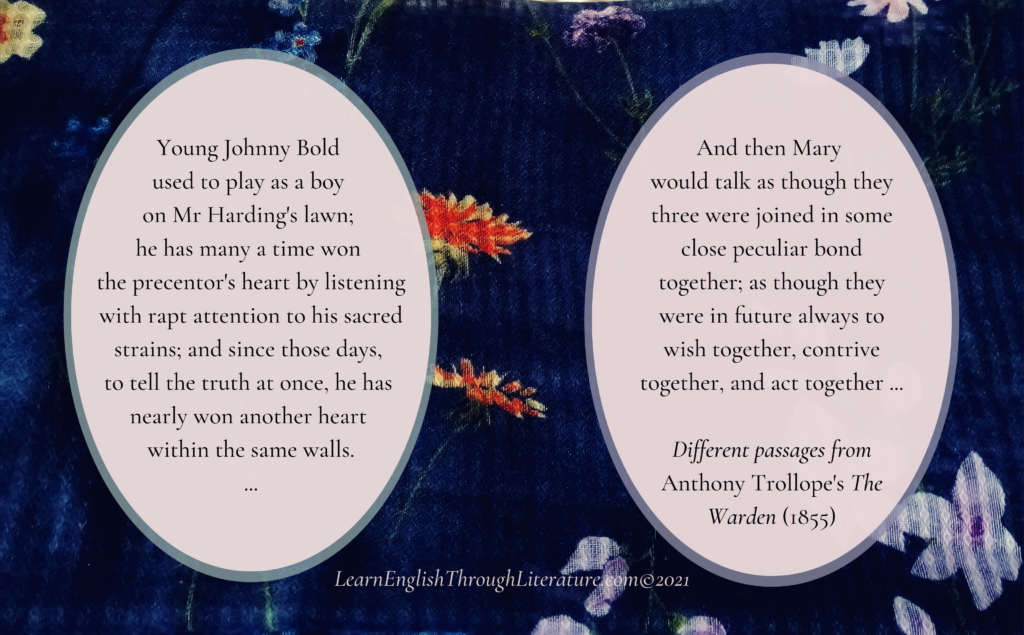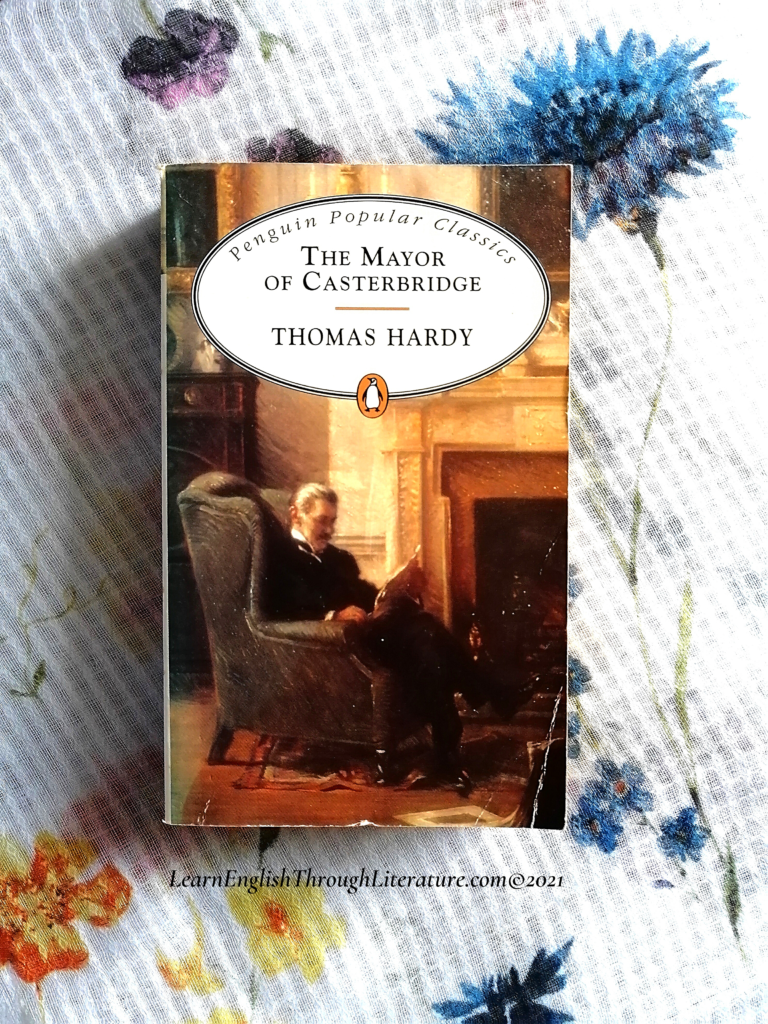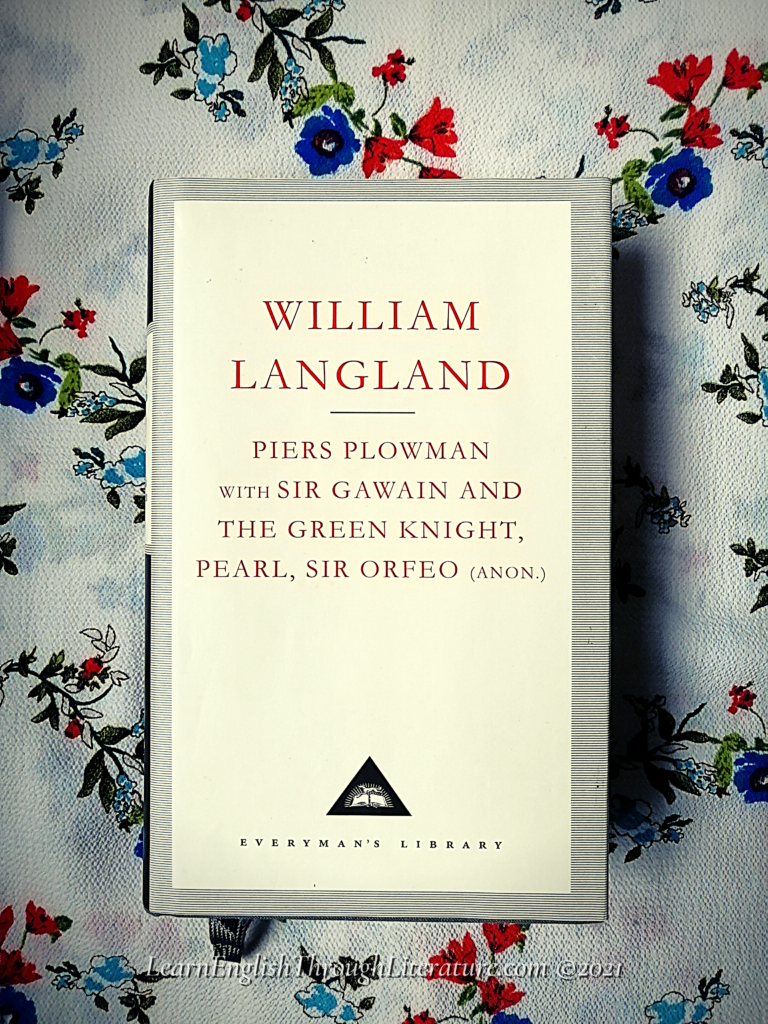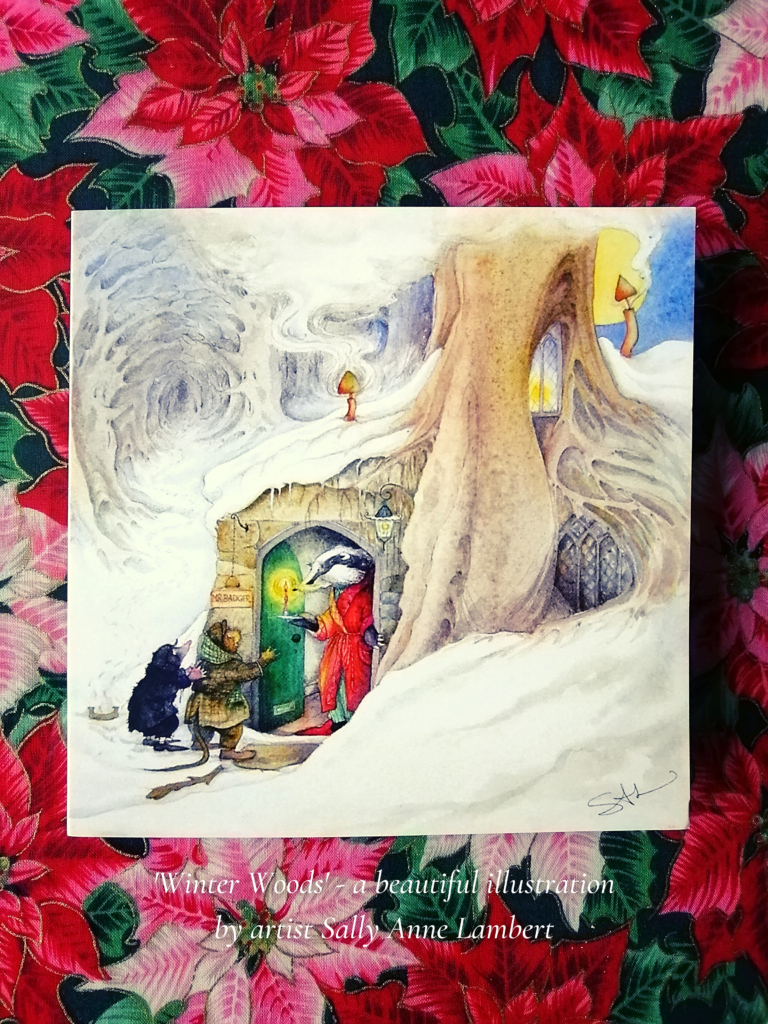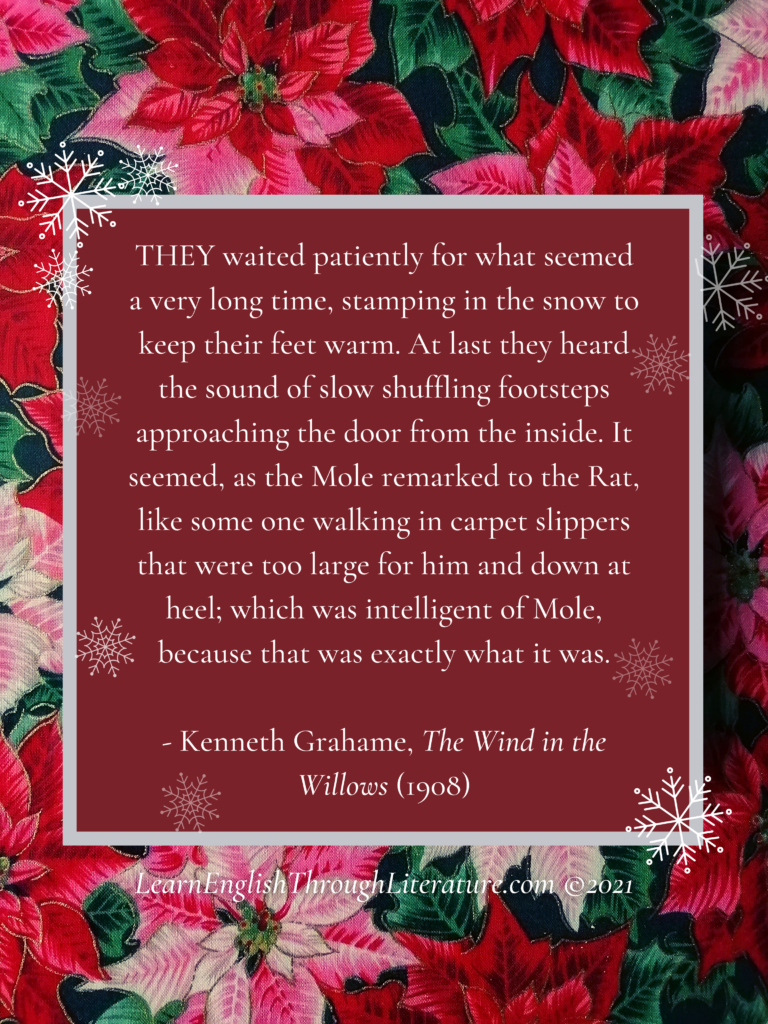Lesson #191: Describing Contrast with Transition Words ‘Although’, ‘Though’, and ‘Even Though’
If you have ever heard someone mention ‘Lilliput’ or ‘Brobdingnag’, you have heard a reference to one very early English classic, Jonathan Swift’s Gulliver’s Travels into Several Remote Nations of the World (1726). 📗 It is a fantasy story of a surgeon and captain called Lemuel Gulliver who is shipwrecked on islands of tiny people […]

